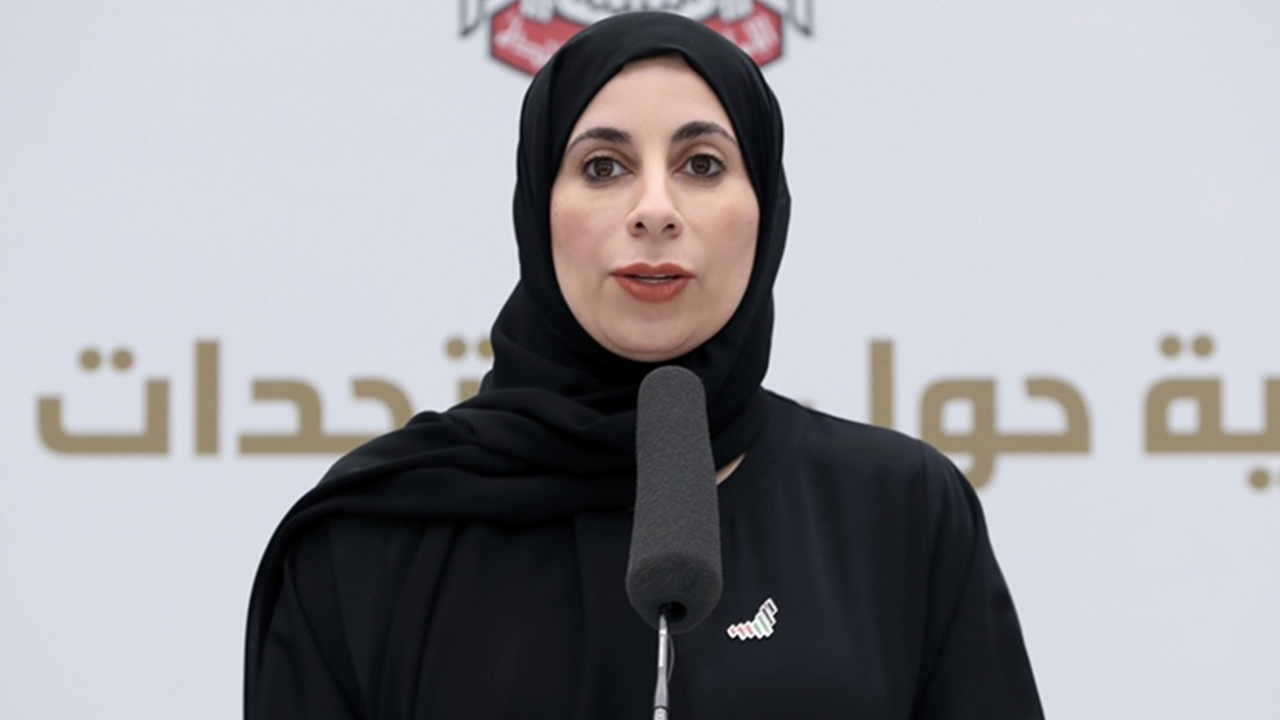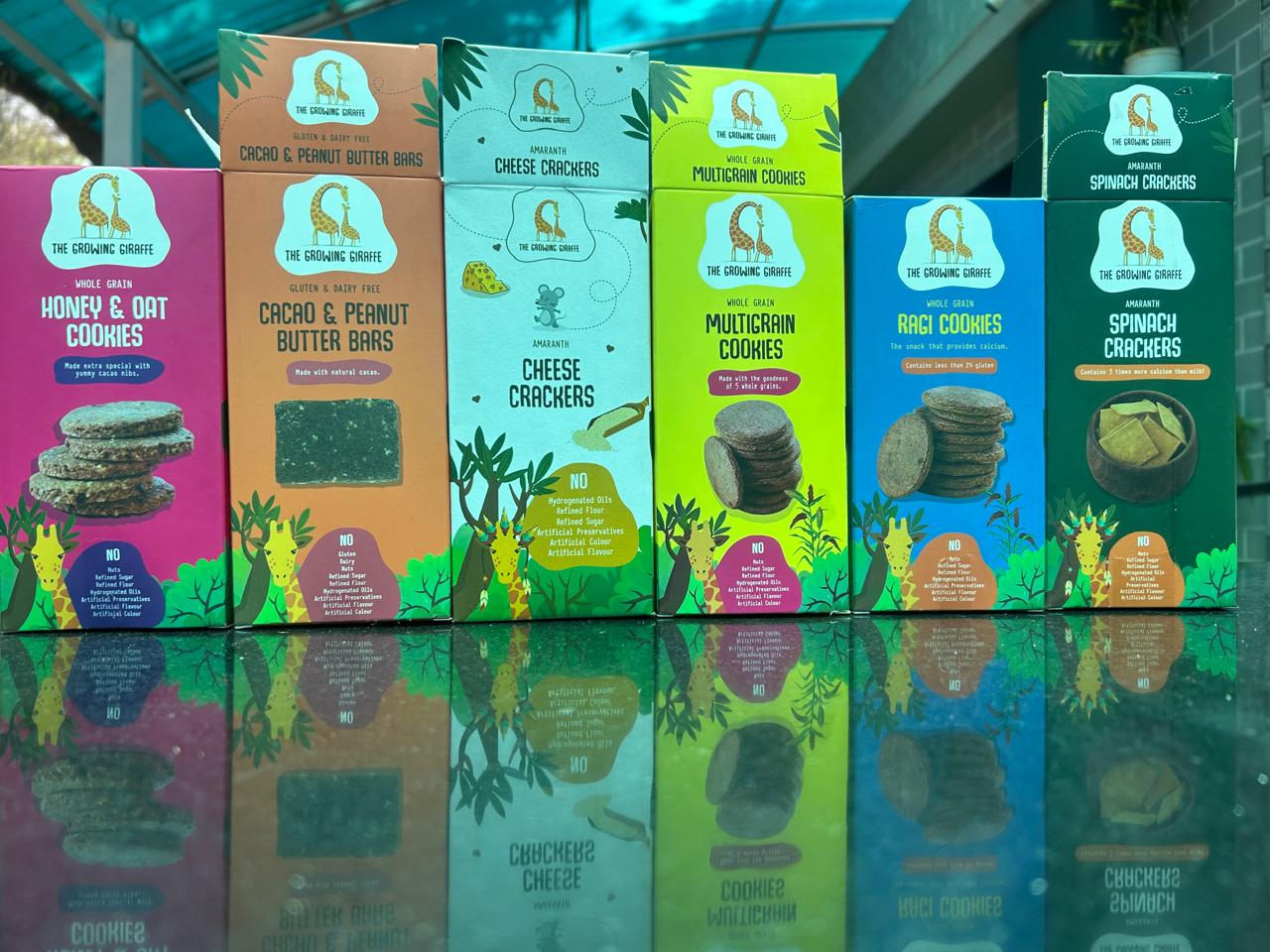The UAE Government announced that an additional 103 patients had recovered from the coronavirus after receiving the necessary medical care, raising the total number of recoveries to 1,546.
During the regular media briefing held today in Abu Dhabi, Dr. Farida Al Hosani, official spokesperson of the UAE health sector, said that some 31,809 additional tests were conducted across various emirates, leading to the identification of 483 new cases among various nationalities and bringing the total number of cases in the country to 8,238.
Dr. Al Hosani also announced the death of six people from different nationalities, bringing the number of deaths to 52. She offered her sincere condolences to the families of the deceased and wished them peace during this challenging time.
"This year, the holy month of Ramadan will be different in light of the circumstances the UAE and the whole world are currently experiencing. The public's health is a priority, and therefore it is necessary to avoid some social customs usually practiced during the holy month," she stated.
She continued by saying that it is important to avoid gathering around the Iftar table, sharing food with neighbours, and gathering with friends for Suhoor during this year's Ramadan. Dr. Al Hosani noted that though the month may feel difficult without customary family visits and gatherings, it provides an opportunity to adopt positive behaviours like a healthy diet, exercise, self-development, spending time with one's children, and most importantly, worshipping and caring for oneself and others.
Dr. Al Hosani also said that the positive habits of giving and caring for others in the UAE would continue during the holy month of Ramadan by way of applications and smart solutions provided by the relevant authorities.
"During the holy month, it is important to continue upholding preventative measures like social distancing, disinfecting surfaces, washing hands with water and soap, and avoiding gatherings," she concluded.
During the briefing, Sheikh Abdul Rahman Al Shamsi, spokesman of the General Authority of Islamic Affairs and Endowments, highlighted new programmes and initiatives to be implemented during Ramadan.
"The holy month of Ramadan comes this year while we go through exceptional times, and as a result, we have launched a number of initiatives in collaboration with governmental authorities," he said.
Keen to continue operations at the Remote Quran Centres during the holy month, the GAIAE will use smart systems to offer four virtual classes for memorisation and recitation of the Holy Quran, including a dedicated class for people of determination.
Al Shamsi also noted that the GAIAE would facilitate Quran memorisation services for those who are not enrolled in Quran Centres through a smart platform that operates at flexible times. He added that those who are interested to learn more can register through the Authority's website or its smart application.
He also pointed out that the GAIAE would provide remote lectures through three main services, broadcast religious awareness programmes on different radio and TV stations, and offer lectures, classes, and courses through live videos on Instagram Live.
The third new service focuses on providing support and comfort to bereaved families through a remote programme.
According to Al Shamsi, the Centre's services will include an Instagram Live-enabled Fatwa Majlis, as well as daily radio programmes dedicated to fatwa on fasting in Arabic, English, and Urdu.
A hotline for fatwa support services for frontline healthcare workers will be dedicated to answering their religious queries.
Additionally, the GAIAE will host a number of virtual seminars on cultural, scientific, and national topics during Ramadan. It will also release an awareness pamphlet entitled: "Stay Home in the Month of Giving," which contains innovative ideas to make the most of the holy month.
Essa Al Hashemi, spokesman of the Emirates Food Security Council, affirmed that the UAE enjoys an integrated food security ecosystem that is capable of addressing and responding to the needs of the community.
"A wider team of all ministries, federal entities, and private sector bodies is working on this critical sector to ensure that all food commodities are available in the UAE market. We continue to secure food supplies from local production and imports," he said.
"We also closely monitor developments in the country’s food trade and supplies to take all necessary precautions and address potential changes. Despite the exceptional circumstances that the UAE and world are facing, the value and volume of our food and beverage imports and exports remain the same as last year," he added.
Al Hashemi revealed that the total volume of imported food during the first quarter of 2020 stood at 3.5 million tonnes, valued at AED 13 billion, while food exports reached 918,000 tonnes at a value of AED 3.7 billion. Food re-exports accounted for 455,000 tonnes.
He also said that food consumption per capita in the UAE remained steady at 700 kilogrammes a year. He detailed the distribution of consumed food, saying 4 percent is made up of fish products, 29 percent is animal products and by-products, 32 percent is field crops and cereals, 21 percent is fruits, and 14 percent vegetables.
He underscored that the Emirates Food Security Council is working with all partners to ensure the availability of all basic commodities, especially those associated with the holy month, at all points of sale.
"We are ready to deal with any changes and provide solutions that guarantee food market stability at all times," he concluded.

 During the regular media briefing held today in Abu Dhabi, Dr. Farida Al Hosani, official spokesperson of the UAE health sector, said that some 31,809 additional tests were conducted across various emirates, leading to the identification of 483 new cases with a country total 8,238
During the regular media briefing held today in Abu Dhabi, Dr. Farida Al Hosani, official spokesperson of the UAE health sector, said that some 31,809 additional tests were conducted across various emirates, leading to the identification of 483 new cases with a country total 8,238










.jpeg)






.jpeg)





.jpeg)



.jpeg)
.jpeg)
